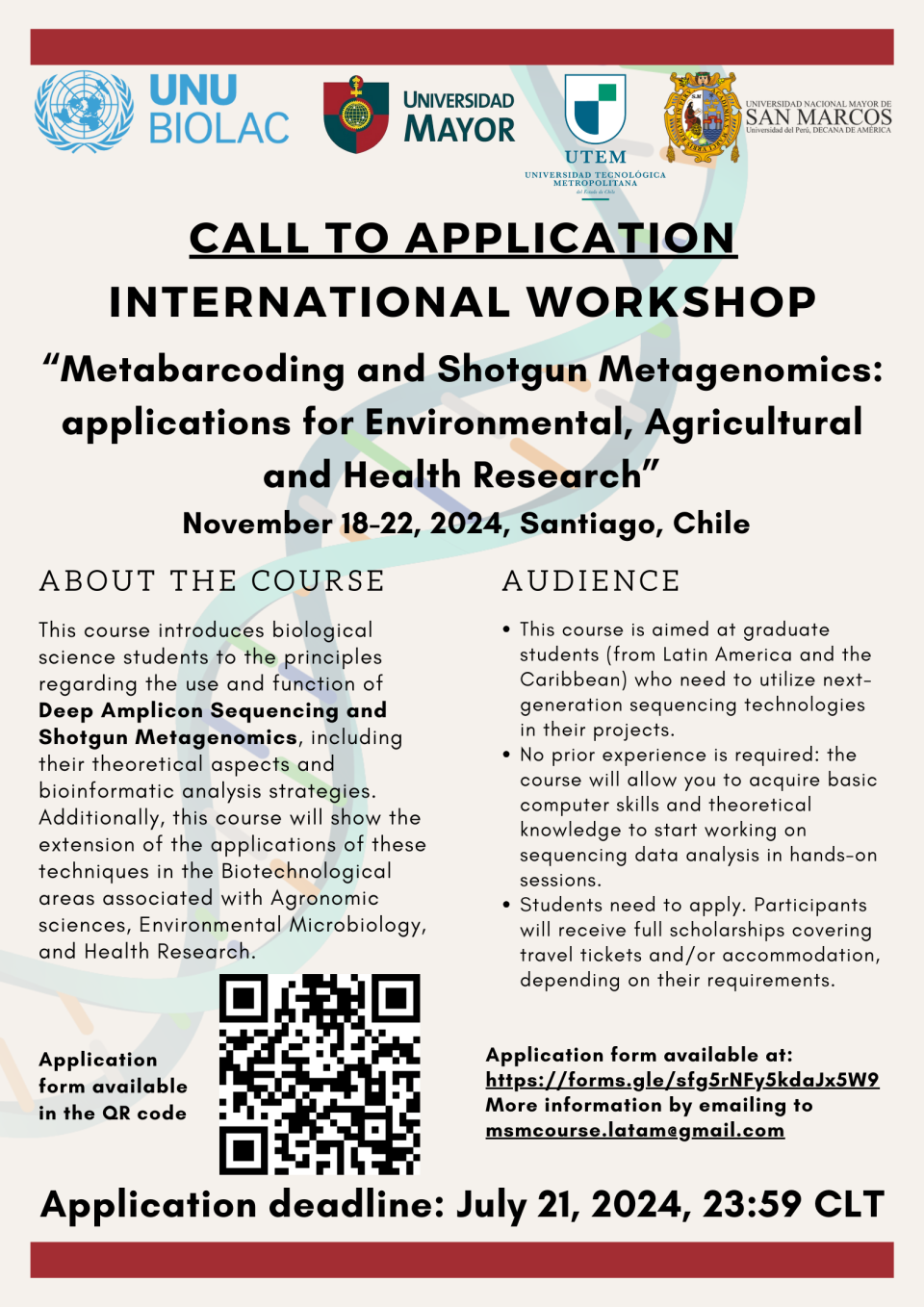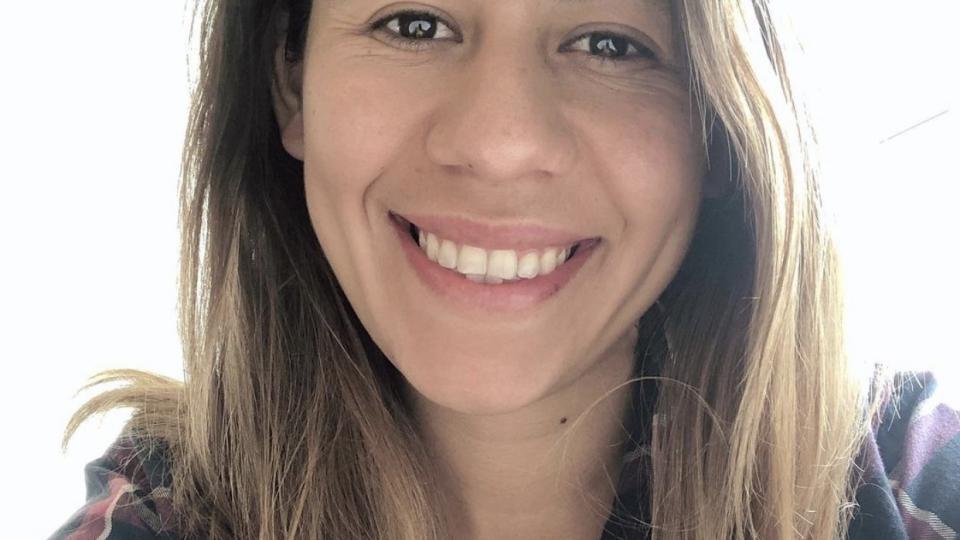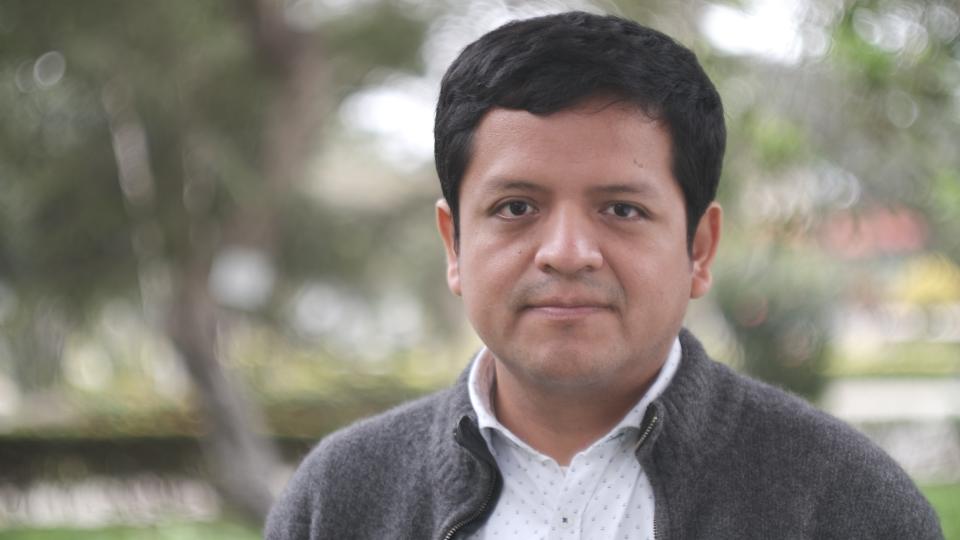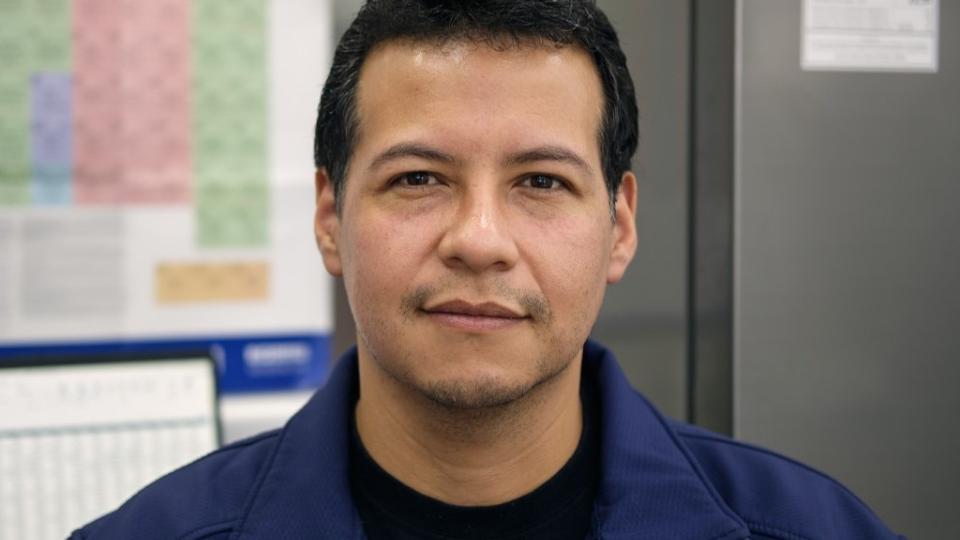Next Generation Sequencing (NGS) technologies have produced two techniques that will be pivotal for life sciences: metagenomics and metabarcoding. Both technologies significantly contribute to understanding microbial communities, ecosystems, and human health.
Metagenomics, the study of genetic material recovered directly from environmental samples, and metabarcoding, also called “Deep Amplicon Sequencing” (DAS), focuses on the sequencing of multiple variants of a genetic marker from a community and can be of great benefit for Latin American research in Agriculture and Soil Biotechnology, Health Research, and Biodiversity.
In addition to providing training in metagenomics and metabarcoding/DAS, which is much needed in the region, we will strengthen its scientific community and promote collaboration both within Latin America and globally.
This workshop consists of both theoretical classes and in-hand sessions. It is intended for postgraduate students as an introduction to the principles regarding the use and function of Next Generation Sequencing, Metabarcoding/DAS, and Metagenomics, including their experimental aspects and bioinformatic analysis strategies.
Additionally, this course will show the extension of the applications of these techniques in the Biotechnological areas associated with Agronomic sciences, Environmental Microbiology, and Health Research.
Finally, this course will create instances to give feedback to students on their plans to utilize those techniques in their respective projects.
This workshop will explore the following topics:
A. Introduction to Bioinformatics and NGS: here, we will present a brief introduction to Bioinformatics, the history of DNA sequencing techniques, and the principles and application differences between different sequencing platforms currently available. We will also present general strategies for sequencing read treatment and analysis for further methodologies.
B. Introduction to Public Database Use in Bioinformatics: here, we will present the properties of use and application for the most important families of bioinformatic data databases: the EMBL-EBI and NCBI-Genbank database families. We will also cover using the ENA and SRA repositories to extract sequencing read datasets.
C. Introduction to Metabarcoding / Deep Amplicon Sequencing: principles and history of using amplicons to sequencing markers and its importance in studying microbial communities. General pipeline structure for the DAS analysis and ecological interpretations from DAS data.
D. Introduction to Metagenomics, reading taxonomic classification and reconstruction of Metagenome-assembled genomes: principles about using metagenomes, taxonomic assignment, and how to assemble genomes from metagenomic data.
E. Applications, Case Studies, and Practical Examples: an overview of the applications obtained from the abovementioned techniques and analyses. This section will include a mini-symposium with some research examples.
Application procedure
Complete this form to apply.
For more information, send your questions to msmcourse.latam@gmail.com
Deadline: July 21st, 2024.

About the instructors:



